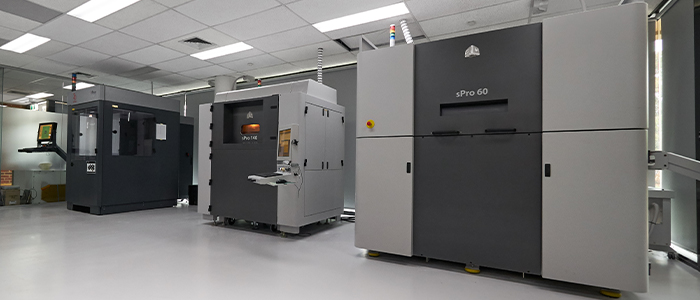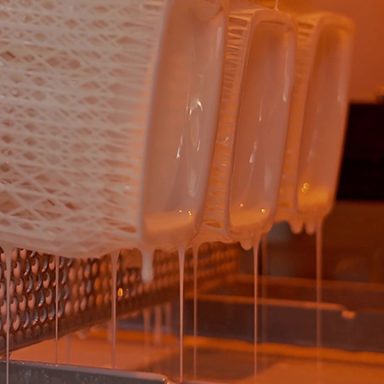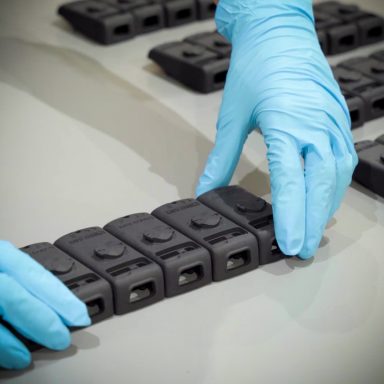Embracing Sustainability: The Role of 3D Printing & Additive Manufacturing
June 1, 2023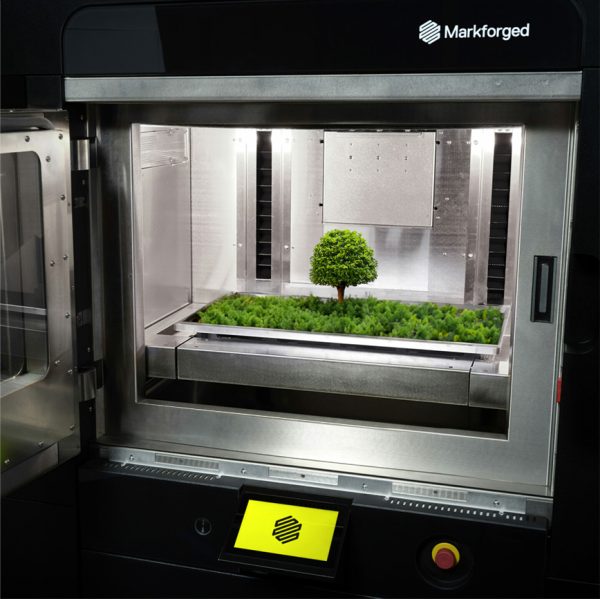
In recent years, the need for sustainable practices and technologies has become increasingly evident across various industries. One area that has gained significant attention is 3D printing and additive manufacturing. These innovative processes offer remarkable potential for reducing waste, conserving resources, and minimising environmental impact. In this blog post, we will explore the sustainability benefits of 3D printing and additive manufacturing, drawing insights from industry discussions.
Reducing Material Waste
Traditional manufacturing methods often involve subtractive processes, resulting in significant waste. However, 3D printing and additive manufacturing utilise an additive approach, layering materials only where they are needed. This method can reduce material waste by up to 90% compared to traditional manufacturing techniques, making it a game-changer in terms of sustainability.
Energy Efficiency
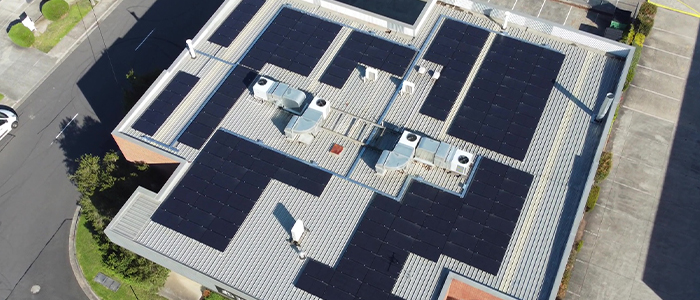
Unlike conventional manufacturing processes that consume large amounts of energy, 3D printing requires significantly less energy. The ability to create complex geometries and optimise designs using computer-aided design (CAD) software leads to lighter and more efficient structures, ultimately reducing energy consumption during both production and product use.
In addition to the inherent energy efficiency of 3D printing and additive manufacturing, it is worth noting that Formero has taken extra step towards sustainability by harnessing renewable energy. We operate a robust 68kW solar system, which significantly offsets our energy consumption. This solar system not only reduces reliance on non-renewable energy sources but also contributes to a greener manufacturing process. By utilising clean and renewable solar power, Formero exemplifies its commitment to sustainable operations and further enhances the environmental benefits of 3D printing and additive manufacturing.
Supply Chain Optimisation, Localised Production and Reduced Carbon Footprint
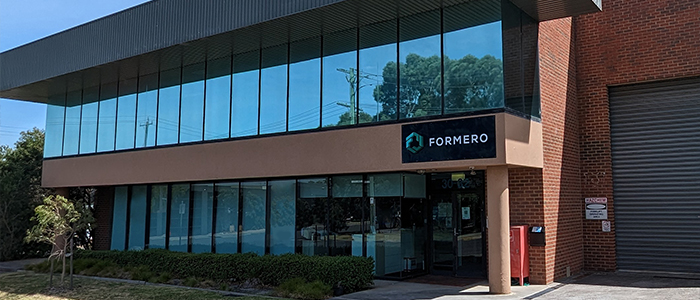
3D printing and additive manufacturing enable the production of parts and components on demand, eliminating the need for excessive inventory and long supply chains. By locally producing items in Nunawading, Victoria, Formero can reduce transportation costs and emissions associated with shipping goods across long distances. This aspect of additive manufacturing aligns with the principles of a circular economy and contributes to overall sustainability. This approach not only benefits the environment but also reduces lead times and enhances supply chain resilience.
Recycling and Circular Economy
The ability to reuse and recycle materials in the additive manufacturing process reduces the consumption of raw materials and minimises waste generation. Additionally, 3D printing enables the production of products with optimised designs for disassembly, making it easier to recover materials at the end of a product’s lifecycle for reuse or recycling. This supports the development of a circular economy and promotes sustainable resource management.
Conclusion
In conclusion, 3D printing and additive manufacturing offer outstanding sustainability benefits. By reducing material waste, promoting energy efficiency, optimising supply chains, and enabling the development of a circular economy, these technologies pave the way for a more sustainable future. Embracing 3D printing and additive manufacturing can contribute to both the ecological and economic success of businesses across various industries.
Through continued research and innovation, we can further unlock the potential of these technologies, making sustainability a core pillar of the 3D printing and additive manufacturing landscape. By adopting these practices, companies can position themselves as pioneers in sustainable manufacturing and play a crucial role in shaping a more environmentally conscious world.
References
- Taylor-Smith, K. (2021). How is 3D Printing a Sustainable Manufacturing Method?, AZoM.com
- How Sustainable Is 3D Printing? – 3DPrint.com | The Voice of 3D Printing / Additive Manufacturing 2019, 3DPrint.com | The Voice of 3D Printing / Additive Manufacturing
- Castenson, J n.d., 3D Printing Offers Outstanding Sustainability Benefits, While Also Avoiding Supply Chain Issues, Forbes, forbes.com
